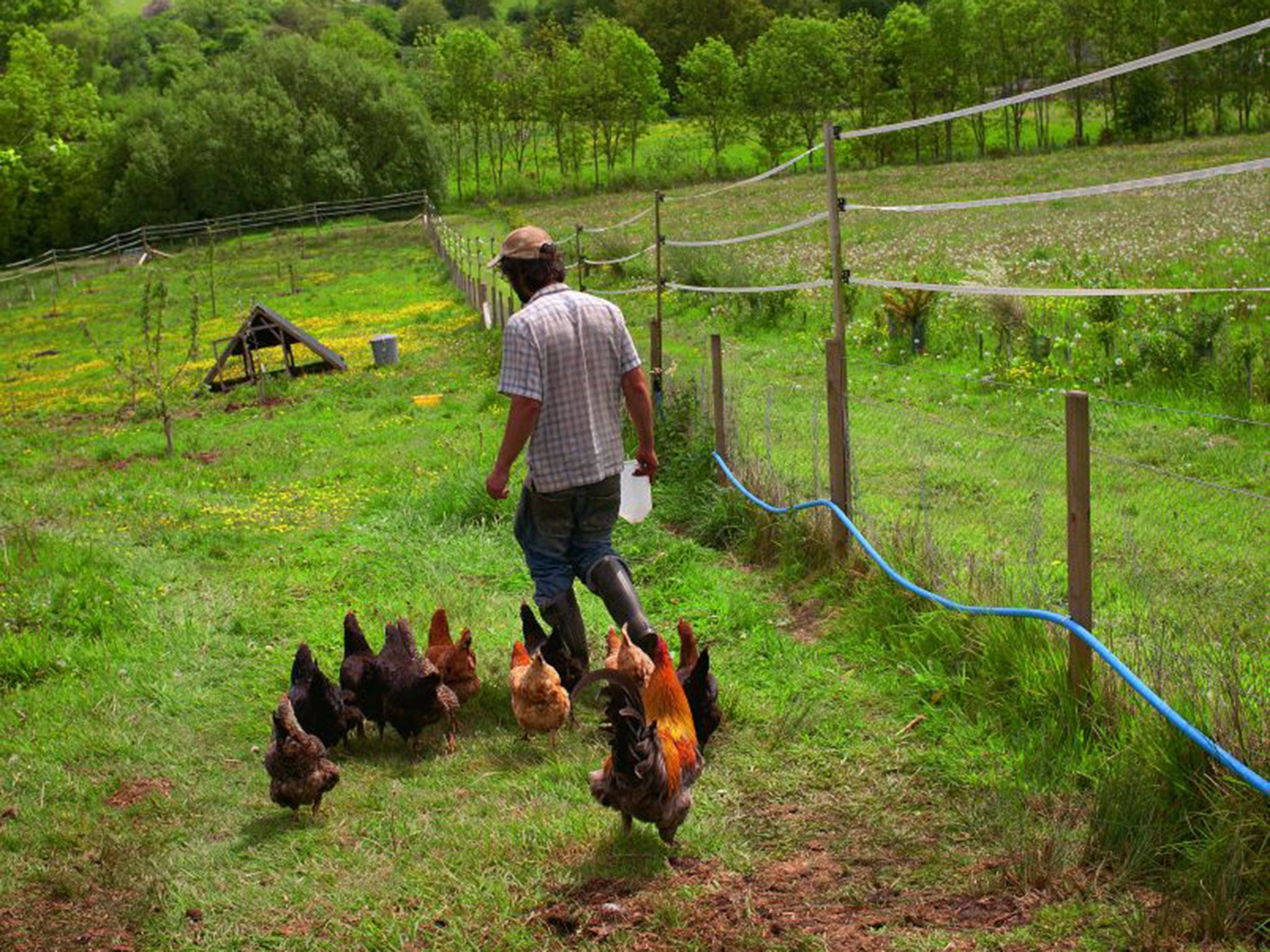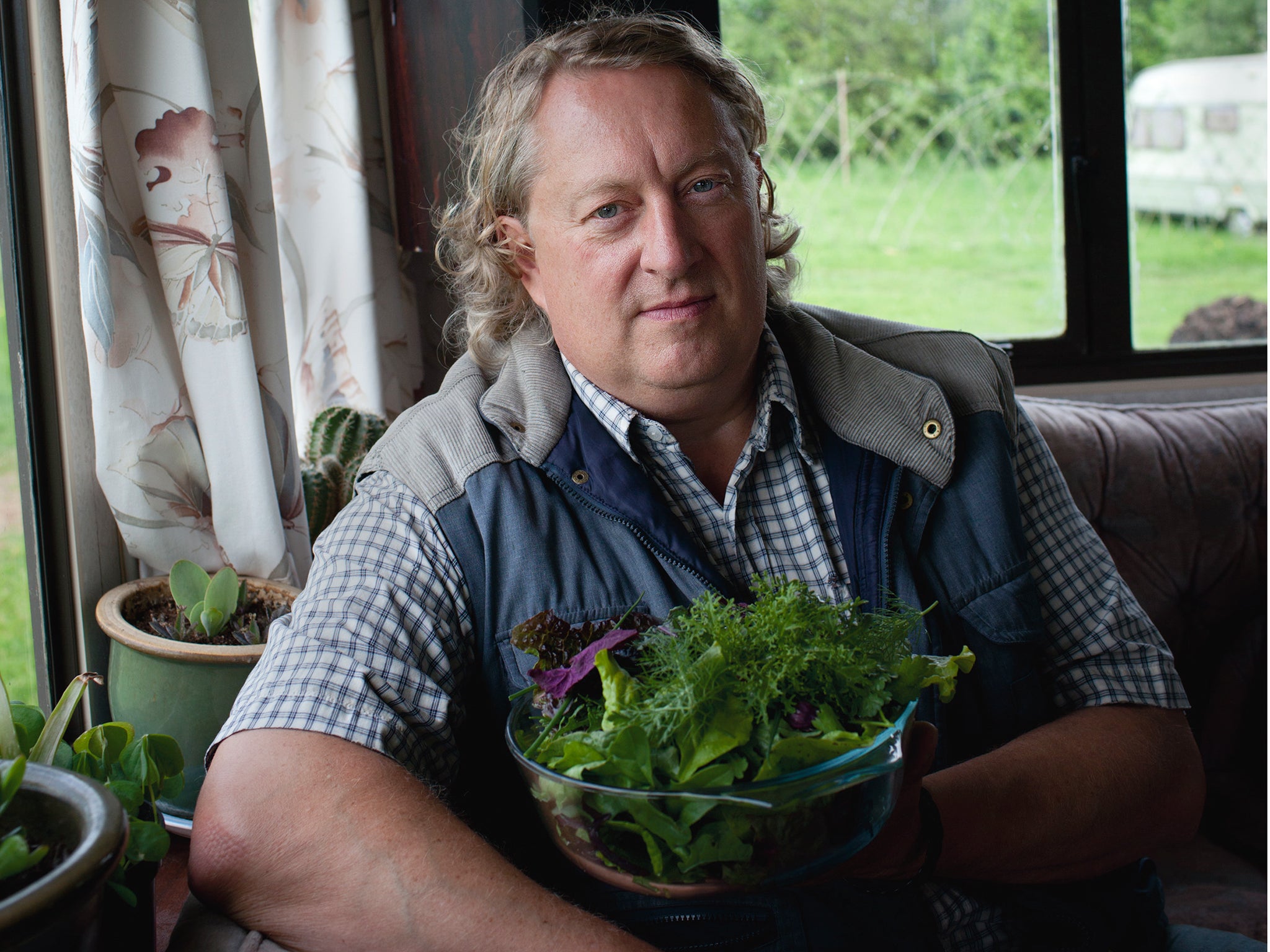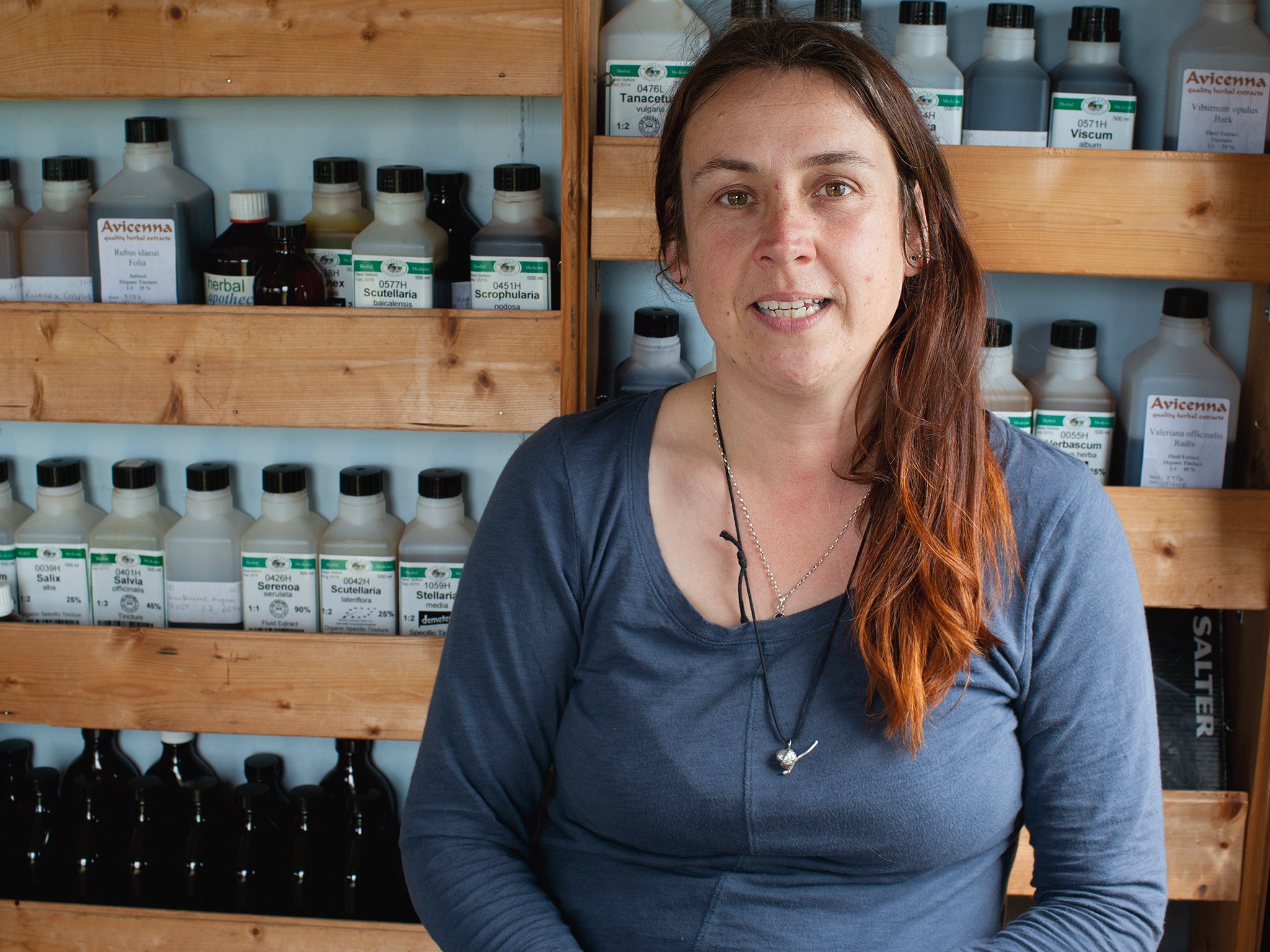Greenham Reach: The families trying to prove that compact, ecological farms can make a living
There are numerous legislative and planning hurdles to overcome

Your support helps us to tell the story
From reproductive rights to climate change to Big Tech, The Independent is on the ground when the story is developing. Whether it's investigating the financials of Elon Musk's pro-Trump PAC or producing our latest documentary, 'The A Word', which shines a light on the American women fighting for reproductive rights, we know how important it is to parse out the facts from the messaging.
At such a critical moment in US history, we need reporters on the ground. Your donation allows us to keep sending journalists to speak to both sides of the story.
The Independent is trusted by Americans across the entire political spectrum. And unlike many other quality news outlets, we choose not to lock Americans out of our reporting and analysis with paywalls. We believe quality journalism should be available to everyone, paid for by those who can afford it.
Your support makes all the difference.Tucked away down a narrow lane in Devon, the 22 acres of Greenham Reach are an idyllic spot. Set among rolling fields, between the banks of the river Tone and the nearby Somerset border, the land is dotted with vegetable beds, wild flowers and herbs, fruit trees, a salad garden, chickens, goats and a beehive.
Three families work the land as a co-operative. They live in mobile homes, draw their power from solar panels and drink rainwater. They live off-grid, and farm to organic principles. But this is no hemp-shirted scheme run by wide-eyed hippies: the market gardeners at Greenham Reach are aiming to make a profit and prove that small-scale farming can work.
“We all share ecological and sustainable values,” said James Dexter, who is hoping to use his six-acre allocation of land to make a business selling salad and charcuterie meat. “But the most important thing is that we run viable businesses and we are able to support ourselves financially.”
The 50-year-old former farmer is one of the group who have made Greenham Reach their home as part of a pilot project by the Ecological Land Co-Operative (ELC). It aims to overcome the obstacles that stop the agriculturally minded from setting up rural businesses on plots of land of less than 12 acres.

It’s not an easy task. The price of farmland has soared by 250 per cent in the past decade, to reach an average of £9,900 per acre, according to new figures from estate agents Savills. The typical price for a small-sized plot of land for a residential smallholding is £250,000.
In some areas the price of bare land – without a house – has outstripped the percentage price growth in Mayfair, central London. And if a plot is under 12 acres, as all the plots at Greenham Reach are, the Department for Environment, Food and Rural Affairs will not classify it as a working farm, making EU subsidies a distant prospect. “We don’t like the words smallholder or hobby farmer,” Mr Dexter said. “We are small-scale farmers.”
Greenham Reach from Enfable on Vimeo.
There are also numerous legislative and planning hurdles to overcome in a system which imposes financial “viability” tests on new projects. “If making a living as a small-scale farmer was easy people would be doing it privately,” said Stuart Kearney, who is helping his wife Helen, a trained herbalist, set up a business growing herbs and flowers on the site. “We needed the ELC to make the land available and put in the basic infrastructure.”
That help has taken the form of arranging the lease of the site, before splitting it into three plots. The ELC has also provided mentoring from established organic farmers and put in essential infrastructure such as the communal barn, solar panels, composting lavatories and access track. If it works, the ELC will use the scheme as a model for 20 other projects nationwide.
Alex Laurie, a director of ELC, said: “The typical price of a residential smallholding in this country is anything upwards of £250,000, and while there are some fantastic, profitable businesses … they don’t generally tend to support a mortgage for a property on that size. There are a lot of people who have a lot to offer to agriculture who are effectively excluded from rural livelihoods, and we are trying to fix that.”
At Greenham Reach, the group set out their vision over a lunch of salad grown on the site, and herbal tea. In future they hope to eat together in a new shelter, which will also serve as an educational centre. The group has launched a crowd-funding appeal to raise £10,000 for the project.

Life isn’t idyllic, of course: the families are living in unattractive mobile homes – they pay around £300 to £400 a month rent to the ELC – until they gain permanent planning permission. Alex Wilson and Ruth O’Brien, the first to arrive on the site last January, found a muddy patch of land soaked by the wettest winter the area had seen for a generation.
“It was tough,” Ms O’Brien said. She keeps goats and grows vegetables. “But we knew what we were getting into. Now we have plans to add to our goat herd and find a place to market our produce. There’s no point having great produce if we have nobody to sell it to.”
Some residents in the nearby village objected to the newcomers, but they have been won over by bags of fresh vegetables and the open access the group grants to a beautiful spot on the banks of the Tone.
“We’re here to prove that you can make a living in a small-scale and sustainable way,” said Mrs Kearney. “So we like to think that instead of Nimbys, we will have Swimbys – as the people around us realise they have ‘something wonderful’ in their backyard.”
Join our commenting forum
Join thought-provoking conversations, follow other Independent readers and see their replies
Comments